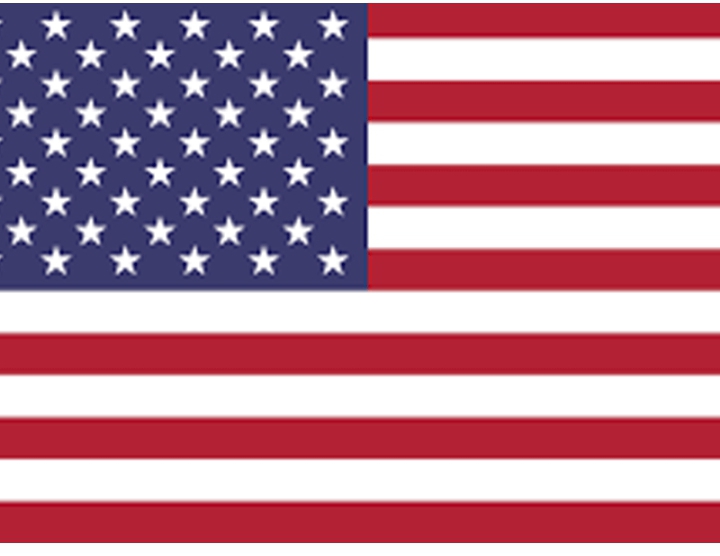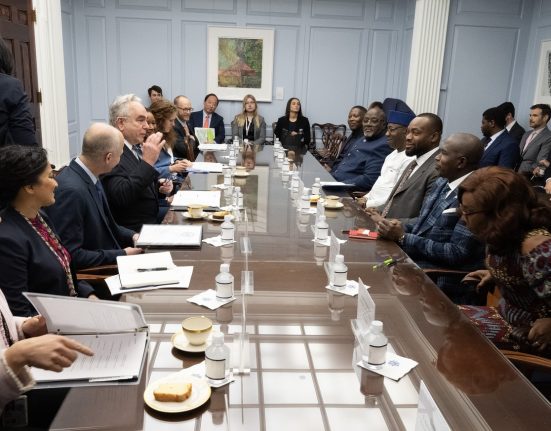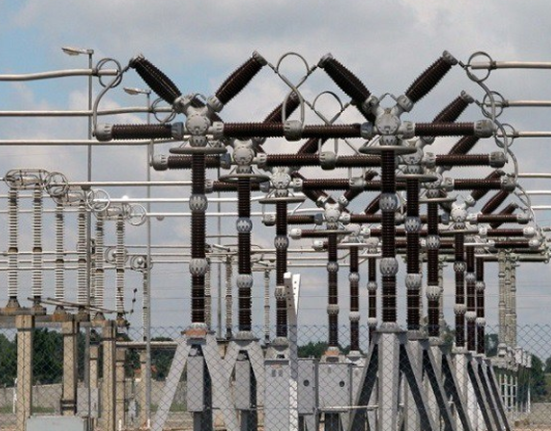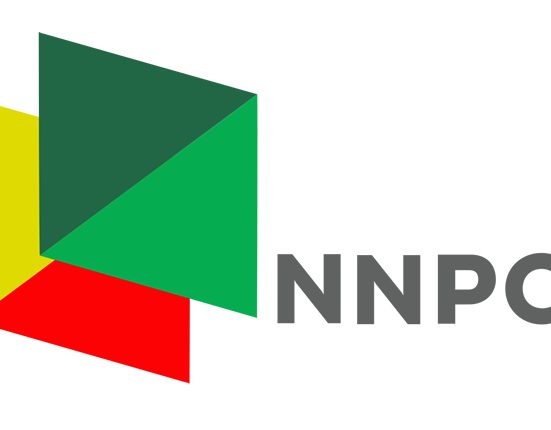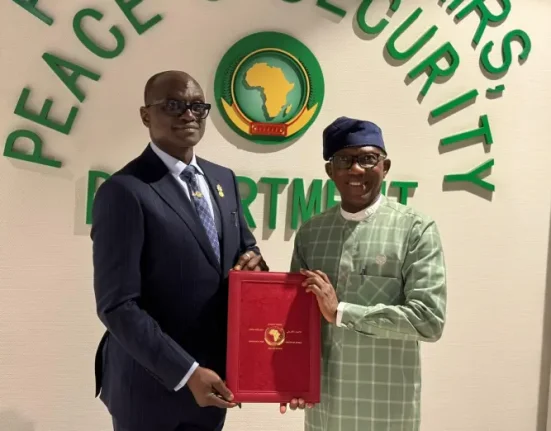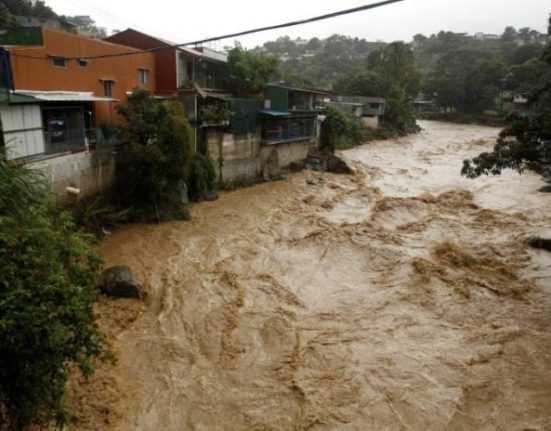In a significant development, the United States has reiterated its commitment to support Nigeria’s efforts in combating the growing menace of drug trafficking and the abuse of illicit substances. This commitment was made official on Monday during a high-level meeting in Abuja, where representatives from both countries engaged in discussions aimed at strengthening cooperation on issues related to security, public health, and law enforcement.
The United States Embassy in Nigeria highlighted that the partnership would not only focus on disrupting the flow of illegal drugs but also address the rising rates of substance abuse among the youth. According to the United Nations Office on Drugs and Crime (UNODC), Nigeria has seen a sharp increase in the consumption of illicit substances, including marijuana, cocaine, and methamphetamines, particularly among young adults. This has raised serious concerns about public health and the destabilization of communities.
US officials emphasized that their support would include technical assistance, the provision of equipment to security agencies, and training for law enforcement personnel in the country. The US also pledged to help bolster Nigeria’s drug prevention programs, which are crucial in curbing the alarming rates of addiction. In addition, the US government promised to share intelligence on drug trafficking networks that operate both within Nigeria and across West Africa, thereby improving the effectiveness of local enforcement efforts.
For Nigeria, which has long struggled with the issue of drug trafficking, the support from the United States is seen as a vital resource in the ongoing battle. The National Drug Law Enforcement Agency (NDLEA) has been at the forefront of this fight, with its Chairman, Brigadier General Buba Marwa, calling for more international collaboration in dismantling the cartels that smuggle narcotics into the country. He has also emphasized the importance of public education in reducing the demand for illegal substances.
The promise of support comes as Nigeria faces growing pressure to strengthen its drug control policies amid rising concerns about the impact of illicit drugs on youth and the general population. Drug trafficking has been linked to other forms of crime in the country, including violence, organized crime syndicates, and a strain on the criminal justice system. The situation calls for a multifaceted approach, involving both domestic policy reforms and international collaboration.
In recent months, Nigerian authorities have ramped up their efforts in the war against drugs, with notable drug busts and seizures reported across the country. However, experts suggest that without sustained support and adequate resources, the fight may face significant challenges. The involvement of international partners such as the United States, with its extensive experience in counter-narcotics operations, is seen as a key factor in the success of this battle.
With this renewed partnership, both nations are hopeful that Nigeria’s war against drug trafficking will gain momentum, ultimately leading to a safer and healthier environment for its citizens. The ongoing cooperation reflects a shared commitment to addressing global drug-related issues and enhancing bilateral relations between the two nations.

